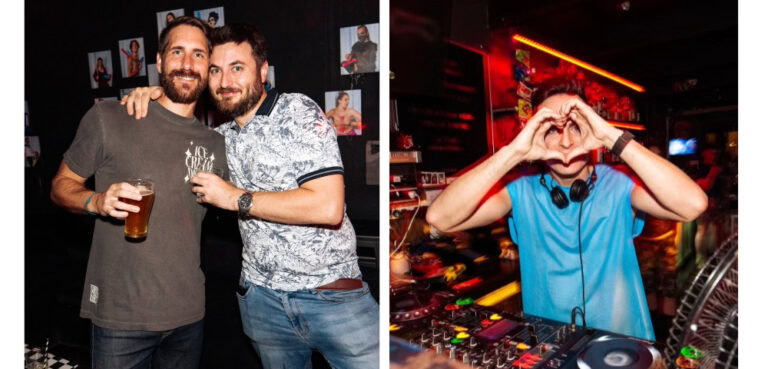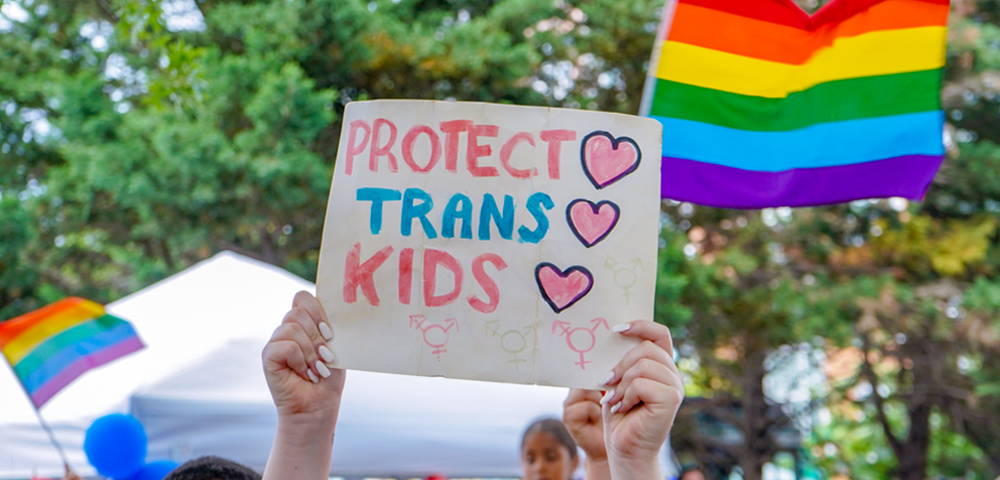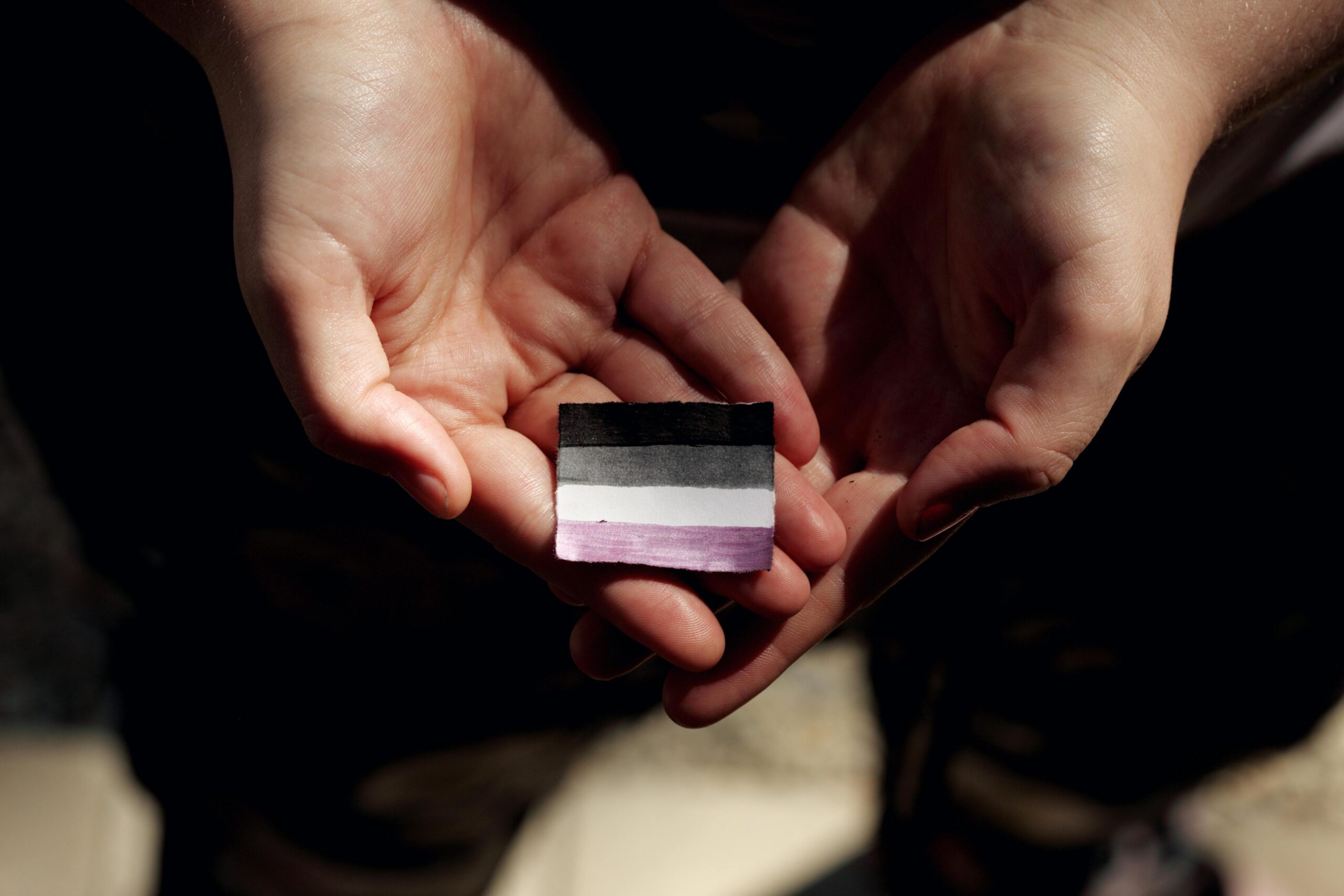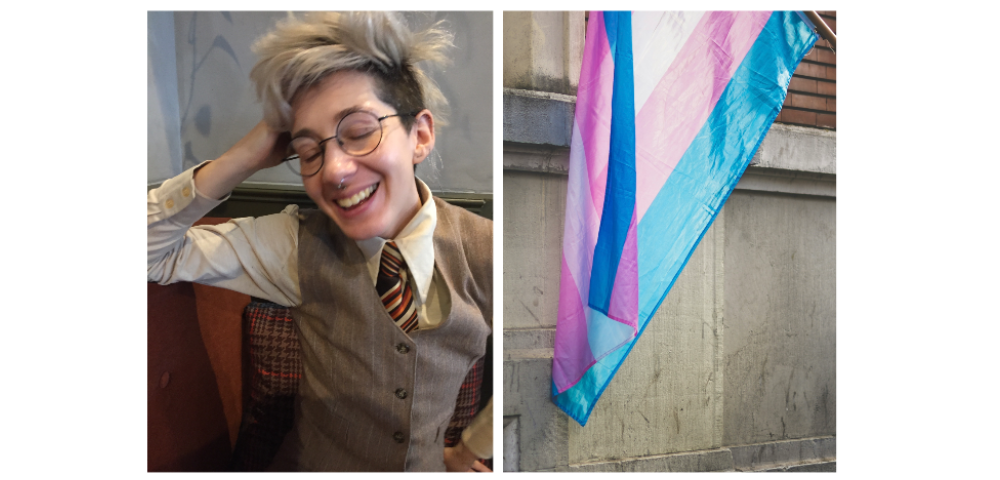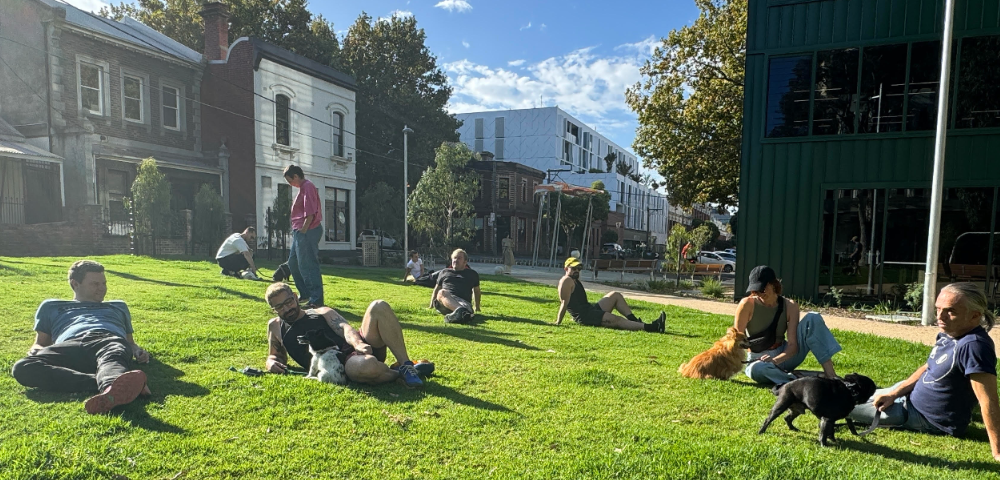
Joy Ngozi Ezeilo, United Nations Special Rapporteur on Trafficking in Persons, recently spoke at the State Library.
Her topic for the 2011 Castan Centre for Human Rights Law / Mallesons Stephen Jaques Annual Lecture was ‘Are states meeting their responsibilities to trafficked persons?’
Ezeilo characterised human trafficking as falling into three main categories, namely sexual slavery, domestic servitude, and human organ harvesting.
As horrifying as the last two are, it was the issue of sexual slavery that really got me thinking. This has received some coverage in the mainstream press lately, but not so much from the perspective of LGBTI people. Nor did Ezeilo’s speech address this issue. What I’m wondering is whether human traffickers inquire about the sexual orientation/identity of people they traffick to Australia for sexual slavery.
The thought of a lesbian, for instance, forced to participate in hetero-sex, against her will and personal choice, gives me food for thought. (Similarly with other members of the alphabet soup.)
In question time Ezeilo was asked what, if any, the difference was between refugees and trafficked people. She made the point that refugees are very susceptible to people-trafficking and canvassed the issue of informed consent. ‘Informed’ consent is a tricky notion for someone who has, maybe, been kidnapped.
It is also difficult, say, for a woman from a culture where women may not move outside the home if not escorted by a male family member, to risk execution by claiming refugee asylum on the basis of her sexual orientation.
In her paper ‘Do Lesbians Have Human Rights?’, presented at the Melbourne Outgames in 2008, Susan Hawthorne characterised lesbians as the “canaries in the (human rights) mine”. Even human rights activists’ campaigns, she argued, often disregard, or invisibilise, the human rights of lesbians. However, telling people which Universal Declaration of Human Rights-guaranteed human rights they are ‘allowed’ to have is a step along the slippery slope.
Ezeilo concluded that trafficking destination countries often fail to meet their obligations to trafficked women even regarding “physical, psychological and social recovery of victims”, to say nothing of compensation, or material support, in the new country. Maybe because lesbianism is so shameful to some, statistics on trafficked/refugee lesbians are hard to locate.
Sorry this article’s a downer: it’s my personal antidote to all that happy, happy, Christ-y, tinsel-stuff that spreads like the bubonic plague at this time of year.
INFO: Barbary Clarke is convenor of the VGLRL’s Policy Working Group, and is doing a PhD on women and life-threatening illness.


